In the US, chargebacks make up about 0.5 to 1 percent of all merchant payments, and the total costs associated with them can be as high as 10% of a merchant’s payment costs. According to research, the cost of chargebacks to merchants is estimated at $31 billion. While it is impossible to eliminate the risk of friendly fraudsters, merchants can take steps to minimize their chances of experiencing them. This article will discuss some of the most common ways chargeback protection services can help prevent them.
Table of Contents
Chargeback protection
Chargeback fraud has become a significant threat to businesses and can result in substantial financial loss and tarnished reputations. Specifically, chargebacks are common among online retailers who experience a higher volume of transactions and are more susceptible to fraud. A recent report by Mercator Advisory Group found that over thirty million chargebacks will occur in the US by 2022. While chargebacks are inevitable, they are a costly and cumbersome issue to handle. Moreover, they indicate fraud in many cases and can lead to the loss of processing card transactions.
Chargeback alerts
Chargebacks are common for merchants, but how can Ethoca chargeback services help protect your business? Chargeback guarantees, alerts, and deflection services can help prevent disputes, reduce chargeback rates, and protect you from real fraud. Chargeback guarantees protect merchants from chargebacks when customers can’t be reliably screened for fraudulent behavior. Which one is right for your business should depend on your risk tolerance, business model, and overall chargeback management strategy.
Insights reporting
How chargeback protection services protect merchants from fraudulent charges is an essential question for any online merchant. Somehow, chargebacks can affect any business whether they sell physical goods or services. Regardless of how the fraud is perpetrated, a chargeback can be expensive. The total cost can run as high as 2.5 times the original disputed transaction. Not only does a chargeback hurt a merchant’s bottom line, but every chargeback counts against their chargeback ratio. The higher their chargeback ratio, the more likely they will face additional penalties, including being suspended or banned from their merchant account and placed on a MATCH list. Doing business with such a list is very difficult.
Blocking fraudulent orders
Chargebacks are a major source of financial loss for businesses, and chargebacks can tarnish a business’s reputation. They are particularly harmful to online retailers, as the number of fraudulent transactions is typically higher than in traditional brick-and-mortar stores. Financial industry analysts project that chargeback costs for merchants will total $30 billion by 2020. Whether it’s friendly fraud or an employee ringing up a purchase twice, chargebacks can severely damage a business’s reputation.
Keeping records of transactions
Chargeback protection services can help prevent fraud by keeping meticulous records of transactions. Signed receipts and signatures are valuable evidence, and merchants should keep such records for dispute purposes. Even though physical records are not always possible with eCommerce transactions, they can provide evidence to dispute chargebacks. Additionally, merchants should capture customer information and compare signatures with driver’s licenses. They should also record customer IDs manually on the receipt.


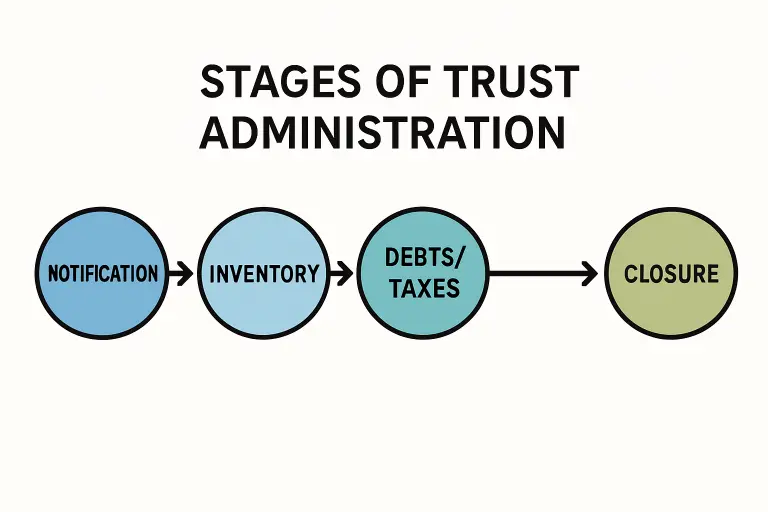














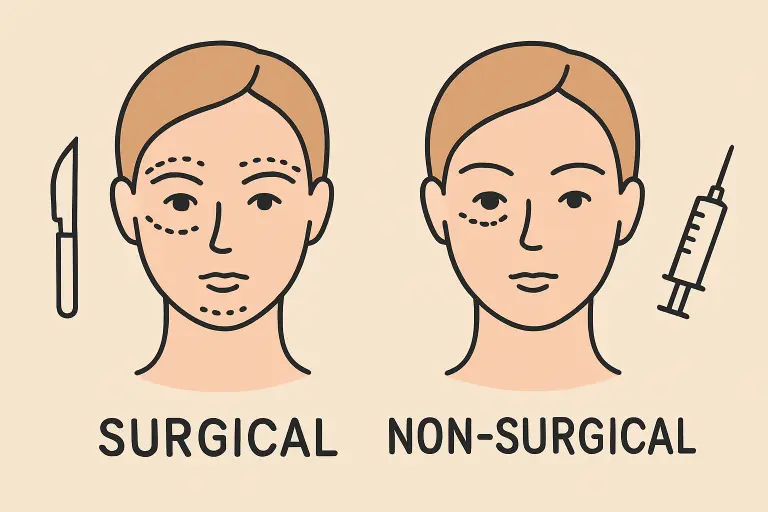
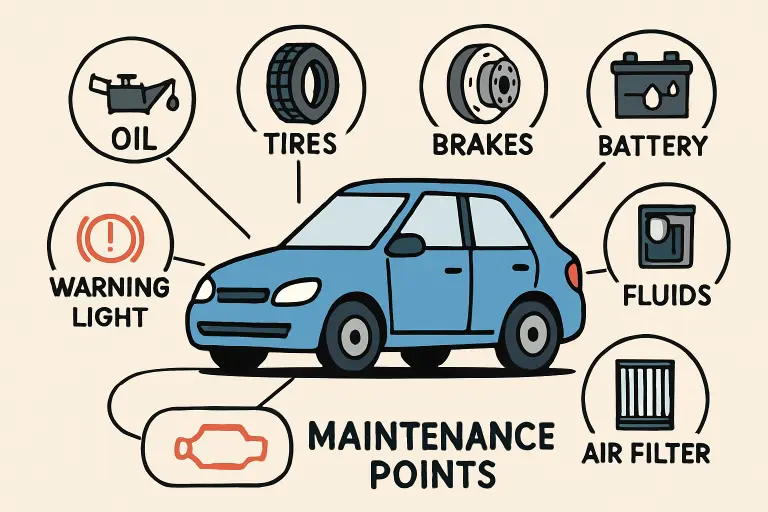


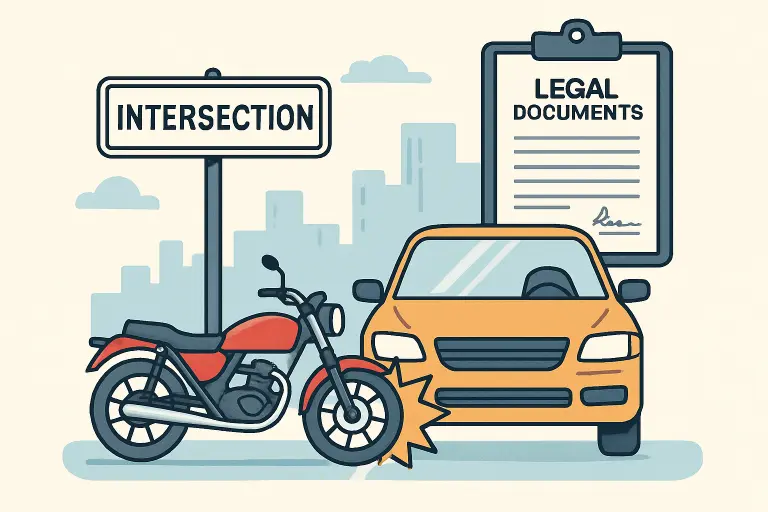









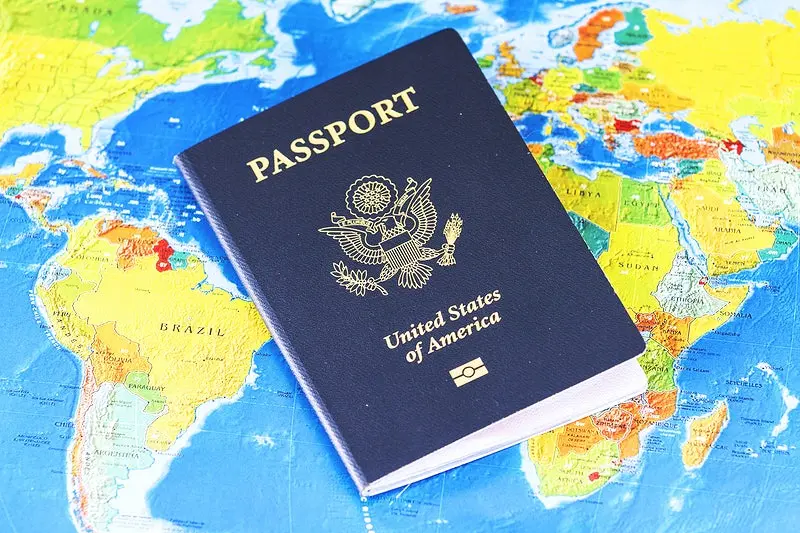
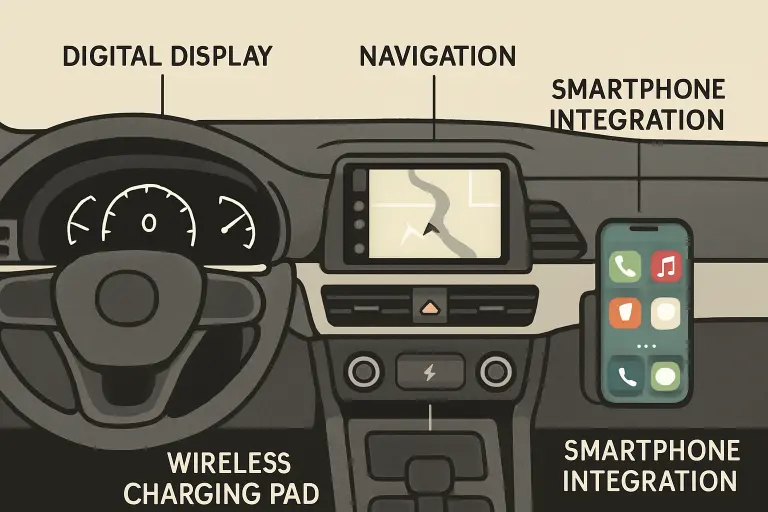






























































































































































































































































































































































































































































































































































































































































































































































































































































































































































































































































































































































































































0